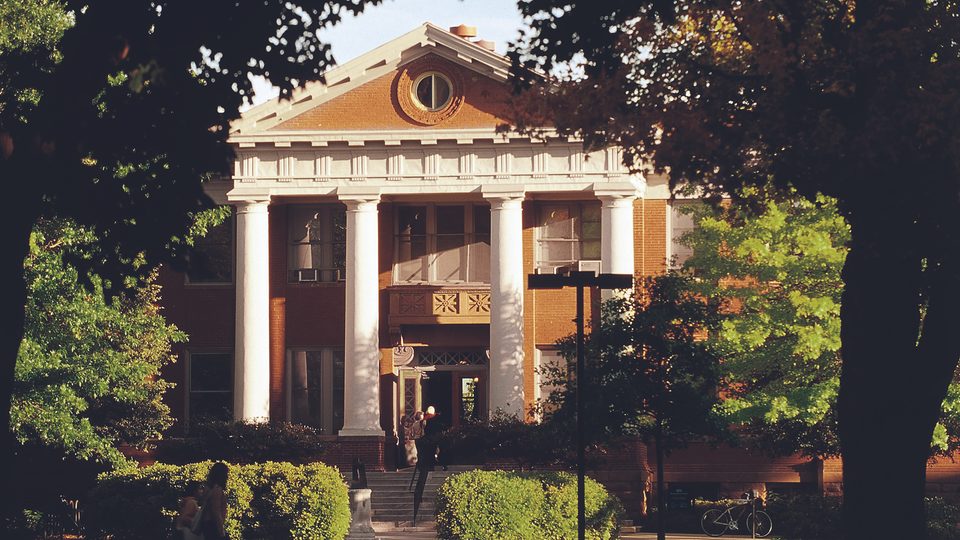Carleton awarded presidential leadership grant from Mellon Foundation to explore artificial intelligence in education
The Andrew W. Mellon Foundation has awarded Carleton College a $150,000 grant to explore the impact of artificial intelligence in liberal arts education.

The Andrew W. Mellon Foundation has awarded Carleton College a $150,000 grant to explore the impact of artificial intelligence (AI) in liberal arts education. With the support of this funding, Carleton faculty members will work to anticipate the challenges and opportunities that AI will present for the college curriculum, graduates, and society as a whole.
“Advances in the development of artificial intelligence and expansion of the internet into almost all areas of life and society are arguably among the most important factors transforming how we live and work,” Carleton President Steve Poskanzer wrote in his initial request to the foundation. “As AI becomes ubiquitous in every area of social and academic activity, we shall need to draw on the insights of humanistic disciplines to understand, embrace, and value the kinds of thinking, learning, and actions that make us distinctively human.”
Through workshops, seminars and symposia, Carleton faculty will explore the rapidly evolving role of AI in disciplines, economy and society. Working with Beverly Navel, dean of the college, the faculty will identify and refine liberal arts strategies that will contribute to the excellence and distinction of Carleton at a crucial time of change in higher education. In support of the project, the college will hire at least one new faculty member to provide leadership and coordination for college efforts involving AI.
The project will deliver on a crucial outcome related to the college’s strategic goal of improving liberal arts teaching and learning.
“As Carleton faculty survey the many critical issues of our time, the issue of artificial intelligence is likely to be involved in all of these, including health, nutrition, international development, and environmental protection,” Poskanzer said. “Our students will surely need to prepare to grapple with the theory and practice of artificial intelligence, and other emerging technologies, as they become leaders in their communities and professions. Liberal arts colleges have a responsibility—and strategic opportunity—to prepare students to engage these issues.”